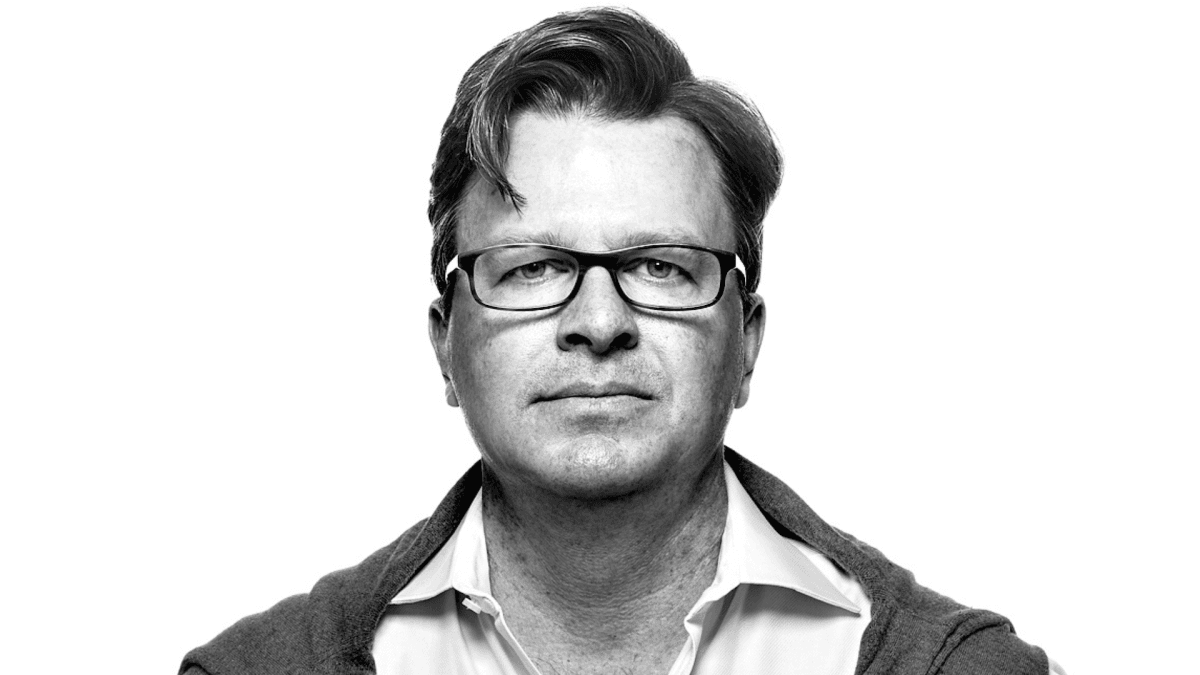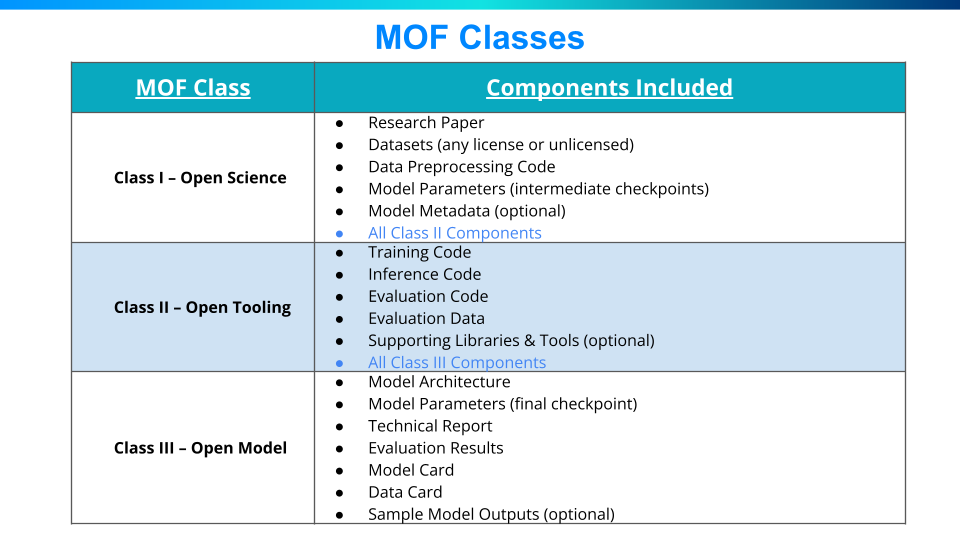Jim Zimlin on the follow -up of a “wallet approach” for Linux projects

Linux has become something of the wrong name over the years. It spanned beyond its roots as Steward was for the Linux nucleus, which appeared as a sprawling umbrella for a thousand open source project that extends over cloud infrastructure, security, digital portfolios, research in institutions, maps, maps, and more.
Last month, OpenInFra – which was famous for OpenStack – became the latest addition to its stable, which enhances Linux Foundation as “the basis for institutions”.
In 2007, Linux has emerged from the merging of two players who focused on Linux: Open source development laboratories (OSDL) and a free standards set (FSG). With the presence of founding members such as IBM, Intel and Oracle, the reason for the foundation was challenging “closed” platforms at that time – which means a double Linux in response to Windows.
“Computing is entering a world dominated by: Linux and Windows,” said Jim Zimlin (in the picture above). “While management under one roof has given Windows some consistency, Linux provides freedom of choice, customization and flexibility without forcing customers to lock the seller.”
“Al -Harfa’s approach”
Zemlin has led the charge at Linux about two decades ago, supervising its transmission through technological waves such as Mobile, Cloud and – recently – artificial intelligence. Its development of focus on Linux to covers almost every technical angle reflects how the technology itself does not develop, and most importantly, it intersects.
“Technology is rising and declining – we do not use iPods or flexible tablets anymore,” Zemlin explained to Techcrunch in an interview during Kubecon in London last week. “What I realized early is that if the Linux Foundation would become a permanent body to develop group software, we were able to bet on many different forms of technology.”
This is what Zemlin indicates as a “wallet approach”, similar to how the company diversifies so that it does not depend on the success of one product. The combination of many important projects under one institution enables the basis to take advantage of the vertical experience of the auto category or Linux, for example, taking advantage of the broader experience of copyright, patents, data privacy, cybersecurity, marketing, and juvenile institution.
The ability to collect such resources through projects is more important than ever, as companies are compatible with an increasing range of regulations such as AI Law in the European Union and the Internet Flexibility Law. Instead of every individual project that is forced to combat good battle on its own, they enjoy the support of an institution similar to companies supported by some of the largest companies in the world.
“At Linux, we have specialists working in vertical industry efforts, but they are not lawyers, copyright experts, or patent experts. They are also not experts in managing major events, or in training developers,” Zimlin said. “For this reason, collective investment is important. We can create technology in a graceful way through technical leadership at the project level, but in all projects it has a set of tools that create a long -term sustainability for all of them collectively.”
The confluence of the Linux Foundation and the OpenInfra Foundation last month confirmed this particular point. OpenStack, for beginners, is the open open source cloud computing platform that appeared from a joint venture between Rackspace and NASA in 2010. it moved to a named foundation in 2012, before the brand renamed as OpenInFra after exceeding its initial focus on OpenStack.
Zemlin Jonathan Price, CEO of OpenINFRA Foundation and an original OpenStk creator for years. Artistan has already cooperated in joint initiatives, such as the open infrastructure chart.
“We have realized that together we can deal with some of the challenges we see now about organizational compliance, cybersecurity, and legal challenges about open sources – because they (open source) are very widespread,” Zimlin said.
For Linux, the integration also brought an experienced technical progress in the barn, a person in industry and built a product used by some of the world’s largest organizations.
“It is very difficult to employ people to lead technical cooperation efforts, who have technical knowledge and understanding, who understand how to develop an ecosystem, who know how to manage business, and have a level of humility that allows them to manage a wide base of people without inserting their ego,” said Zemlin. “This ability to drive through influence – there are not many people who have this skill.”
This portfolio approach extends beyond individual projects and institutions, and in a growing group of independent regional entities. The latest branch is the LF India, which was launched just a few months ago, but the Linux Foundation presented a Japanese entity a few years ago, while in 2022 it launched European branches to support the regulatory and growing sovereignty agenda through the mass.
Linux Foundation EUROPE, which includes a handful of projects such as Open Wallet Foundation, allows European cooperation with each other in isolation, with mutual membership also acquired Obly Linux Foundation Global Outfit.
“There are times, in the name of digital sovereignty, people want to cooperate with other European Union organizations, or the government wants to care or grant a specific effort, and only need to participate in European Union organizations in that,” said Zemlin. “Linux Foundation EUROPE allows us to connect the needle to two things – they can work locally and have digital sovereignty, but they do not expel global participation that makes the source open very good.”
Open source artificial intelligence factor
Although artificial intelligence is a major change in both the world of technology and society, it also pushed the concept of “open source” to the main scene in ways that traditional software-with controversy in the hot chase.
For example, Meta has developed the Llama brand of artificial intelligence models as an open source, although it is definitely not through most estimates. This also highlighted some of the challenges facing the creation of an introduction to the source that everyone is happy, and we are now seeing Amnesty International models with a group of “openness” in terms of access to code, data groups and commercial restrictions.
The Linux Foundation, which already includes the LF AI & Data Foundation, which includes about 75 projects, last year, published an Openness Model (MOF) framework, designed to provide a more accurate approach to AI’s open source definition. The Open source initiative (OSI) and the “open source definition” racket used this framework in definition of AI open source.
“Most models lack the ingredients needed for full understanding, scrutiny and cloning, and some producers use restricted licenses while claiming that their models are” open source “, paper authors wrote MOF at that time.
Thus, MOF serves a three -level classification system that evaluates models on “completion and openness”, with regard to the symbol, data, model parameters and documents.

It is essentially a useful way to determine the extent of the “opening” of the model really by evaluating the general components, and under licenses. Just because the model is not strictly “open source” with one definition that does not mean that it is not open enough to help develop safety tools that reduce hallucinations, for example – Zemlin says it is important to address these distinctions.
“I speak with many people in the artificial intelligence community, a group of technology practitioners (compared to traditional software engineering).” “What they tell me is that they understand the importance of the open source meaning” something “and the importance of the open source as a definition. They feel frustrated is to be very excited in every layer. What they want is the ability to predict and transparently and understand what they already get and use.”
AI Dearling Deepseek also played a big role in an open source AI conversation, as it appeared with supportive and effective sources of sources, raising how current players like Openai plans to issue their own models in the future.
But all this, according to Zemlin, is just another “moment” for the open source.
“I think it is good for people to realize the value of the open source in developing any modern technology,” he said. “But the open source has these moments – Linux was a moment for the open source, where the open source community can produce a better operating system for cloud computing, institutional computing and communications from the largest royal software company in the world. AI enjoyed that moment at the present time, and Deepseek is a large part of it.”
VC in the opposite direction
It reveals a quick look at the Linux Foundation project of two wide categories: the one that you gained, as is the case with OpenInFra, and those that I created from the inside, as it did with the likes of the Open Source Safety Corporation (OpenSSF).
Although obtaining an existing project or institution may be easier, starting a new zero project is more important, because it seeks to meet the need that is not partially met. This is where Zemlin says that there is “art and science” for success.
Zimlin said: “The science is that you must create a value for developers in these societies that create an artifact, the open source symbol that everyone wants – this is the place from which all value comes.” “Art is trying to know where there is a new opportunity for an open source of a major influence on an industry.”
This is why Zemlin indicates what Linux does as something closer to the “reverse investment capitalist” approach. VC is looking for the suitability of the product market, and businessmen who want to work with them-all in the name of money earning.
Instead, we are looking for the “project market”-will this technology a great impact on a specific industry? Can we collect the appropriate team of developers and leaders together to achieve this? Is this market enough enough? Is technology influential? ” Zimlin said. “But instead of earning a lot of money like VC, we give it everything away.”
But although a wide range of projects have started in the fruits, there is no ignorance of the elephant in the room: Linux is no longer everything about Linux, and that was not for a long time. So do we have to expect to be renamed ever to something a little more, but it includes – such as the Open Technology Corporation?
Do not delegate.
“When I wear Linux Foundation in a café, someone will often say,” I love Linux “or” I used Linux in college, “Zimlin said. Linux itself is a positive idea, it’s a very symbolic and truly successful “open source”.